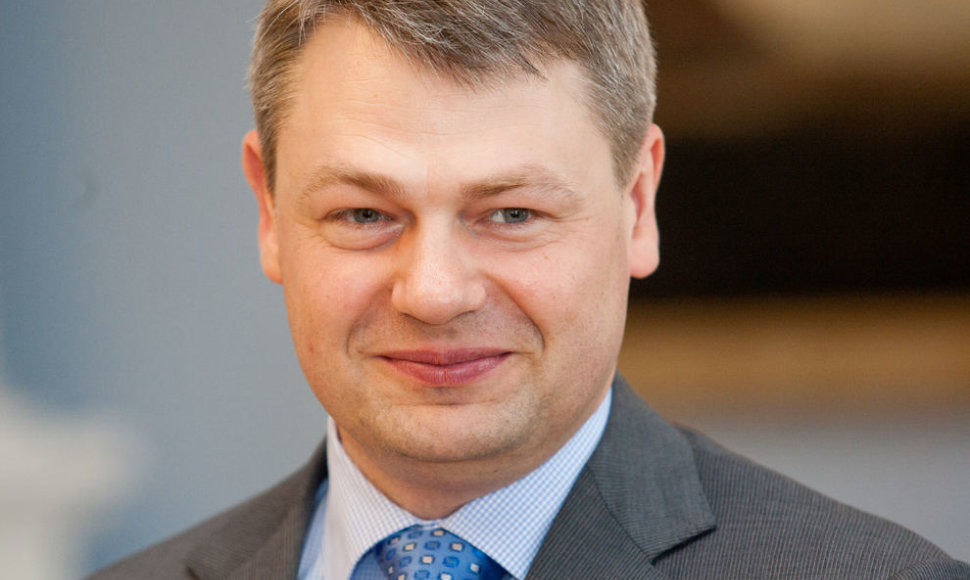“If Lithuania were to abandon the implementation of this package, it would be a huge step back; it would mean both energy and political dependence on the monopolies and on Russia. Now then, a liquefied natural gas terminal is related with the implementation of the Third Energy Package. Any deferral and suspension of implementation of the third package will actually imply the suspension and deferral of the LNG terminal. And the works pertaining to the construction of the terminal have already been launched, and the contract on the vessel has already been signed. Hence any stops, any interferences would lead to losses both to Lithuania and the consumers,” Nerijus Udrėnas said in an interview to Žinių Radijas on Tuesday.
Lithuania expects to build the terminal in Klaipėda by the end of 2014 in order to obtain a cheaper alternative to Gazprom-supplied Russian gas, which is widely used for heating in the country. Meanwhile, Gazprom, which is Lithuania’s sole supplier of gas and which does not want to lose its positions in the country, invites Vilnius to sign a new long-term gas supply deal that will replace the existing contract, which will expire at the end of 2015.
Prime Minister Algirdas Butkevičius said early in April that Lithuania did not intend to sign a new deal with Gazprom.
Lithuania believes that Gazprom is applying discriminatory prices to the country, which is the first Baltic state that is implementing the EU's third energy package and aims to unbundle the assets of Lietuvos Dujos, in which the Russian supplier holds a significant stake, by the end of 2014.












